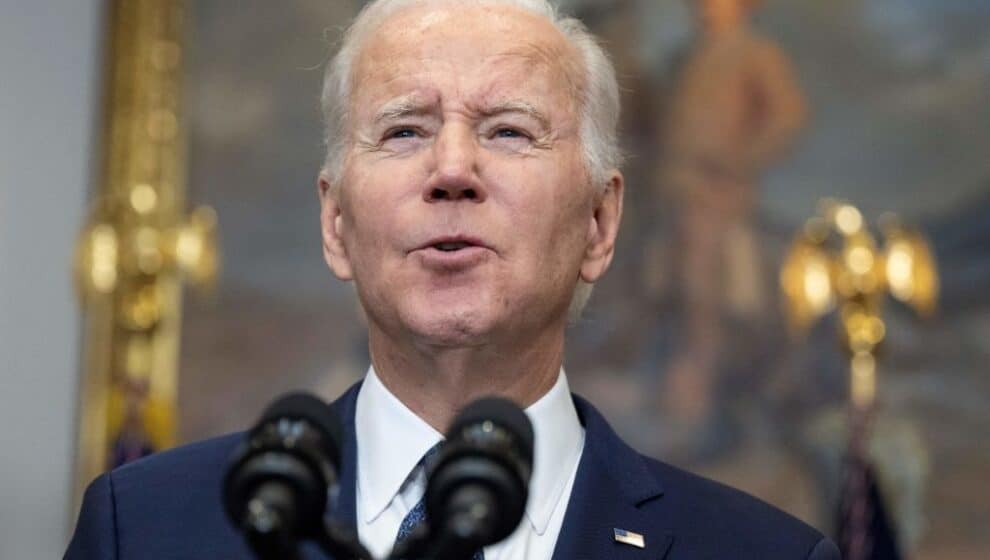In an effort to protect renters from rising rent rates, the Biden administration has announced a “Blueprint For a Renters Bill Of Rights.”
Key Details
- The proposed regulations will crack down on what the administration calls excessive rent increases and cut back on practices that make access to housing difficult.
- In the Renters Bill of Rights, the White House lays out a series of goals for the federal government, such as providing “access to safe, quality, accessible and affordable housing” and ensuring “clear and fair leases.”
- High rent prices since the pandemic have affected millions of households. Around 35% of the U.S. population lives in rental housing.
- During the pandemic, renters received new assistance and protection, such as the pause on evictions, but now rental prices are adding strain to American households.
- The average American now puts 30% of household income toward rent.
Why it’s news
At the end of last year, the rate of rental increases began to slow, but renters were still paying more than they once did. While current rental prices aren’t likely to keep growing, they aren’t expected to fall very much either. Renters are stuck with their existing lease agreements.
The average American is rent burdened for the first time since Moody’s Analytics began tracking rental data. The average renter now spends 30% of the household income on rent—a 1.5% increase from a year ago. Rent has steadily increased over the last year.
A Census Bureau report recently found that 55% of respondents reported their rental bill rose by at least $1,200 in the last year. The same respondents say their monthly rent has risen by at least $100. Some respondents reported even greater monthly increases, with around 2.3 million reporting a $500 monthly increase.
While most cities saw rental increases, the severity of the increase varied from city to city. For example, Miami, Phoenix, and Seattle had fairly large rent increases, while New York’s increases were on the smaller side.
What’s not being said
While it’s clear that many renters are suffering and struggling to meet new rental payments, a broad approach to new regulations on rentals could have disastrous effects on small, private landlords.
“We’ve seen it for so many years, and it’s very frustrating. [Mom-and-pop landlords] are not being treated differently, even though it affects them much more than it would affect any large company with thousands of units. They have room for it. Landlords that have a few units don’t,” American Apartment Owners Association director Alexandra Alvarado says.
During the pandemic, the Biden administration moved to protect tenants by enacting eviction moratoriums, but now landlords are starting to feel that they are being unfairly treated.

